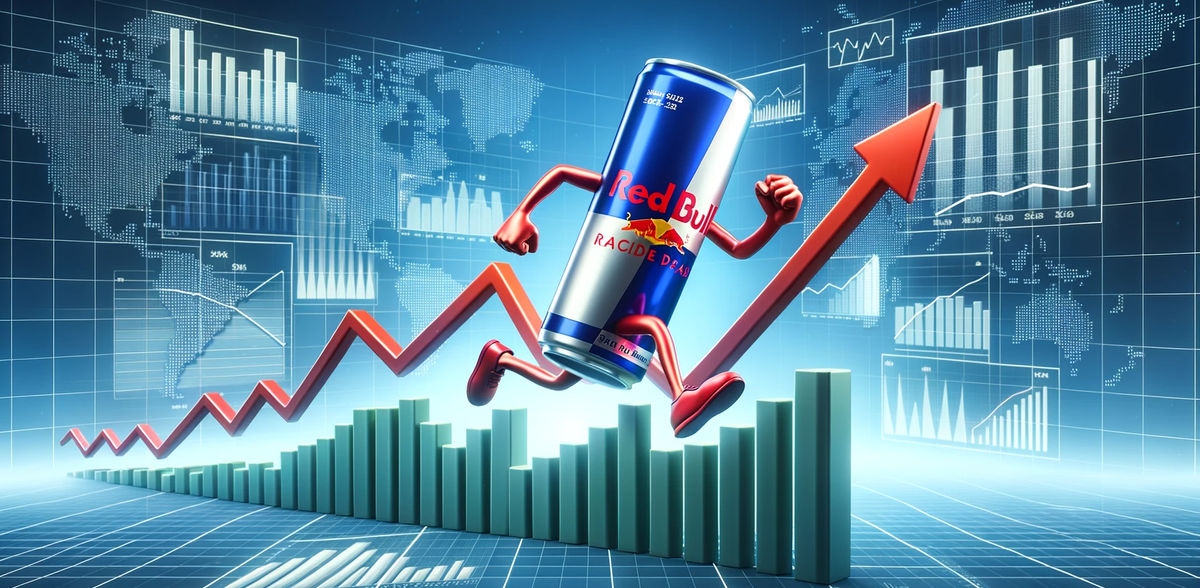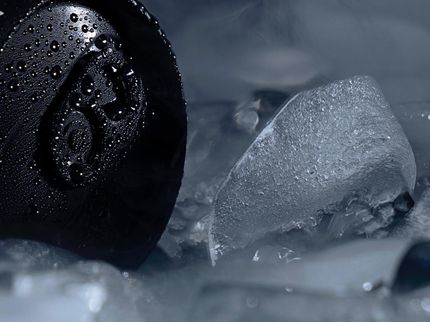Billion-dollar Red Bull empire: further sales leaps in sight
At Red Bull, sales records tumble almost every year - and everything looks set for a continuation. "The potential is unbelievable," Volker Viechtbauer, advisor to company heir Mark Mateschitz, tells the Deutsche Presse-Agentur. In Austria, the company's home market, per capita consumption of the energy drink is statistically 35 cans per year, while in the U.S. it's only about 13, he said. "If we do everything right, we can increase sales significantly over the next 15 years," Viechtbauer said.
For 30 years, he served alongside company founder Dietrich Mateschitz as chief legal officer and head of human resources for the group, which is now one of the world's big players. A year after Mateschitz's death (Oct. 22), he said, the company is running "the way he wanted it to."
At the same time, the beginnings of the company, which according to the most recent balance sheet 2022 has a turnover of almost ten billion euros (plus 24 percent) and a profit of 1.7 billion euros, had been marked by existential fears for Mateschitz. "He fought for three years to get the drink approved and more often thought he would still end up under the bridge," says Viechtbauer, whose book about Mateschitz and the company's philosophy will be published Oct. 17.
While the German authorities, for example, initially stuck strictly to their no because of the stimulating ingredients caffeine, taurine and glucuronolactones, a solution typical of the country was found in Austria in 1987, he says. An approval by "non-disallowance," Viechtbauer writes. Starting in Austria, market barriers fell worldwide in a 25-year process - most recently in Uruguay in 2014.
According to Viechtbauer, Mateschitz attached great importance to a corporate culture in which personal responsibility and an unconditional will to shape the company's future - based on the Austrian psychiatrist and sense researcher Viktor Frankl (1905-1997) - are the main pillars.
Red Bull's PR concept with its diverse involvement in soccer (Red Bull Salzburg, RB Leipzig), extreme sports and Formula 1, among others, are examples of this, he says. "We don't sponsor the world champion, we are the Formula 1 world champion," says Viechtbauer. That benefits the brand's credibility immensely, he adds.
In 2022, Red Bull had marketing, advertising, sponsorship and sales promotion cost almost 2.3 billion euros, according to Bilanz.
The growth prospects for energy drinks in general are also considerable according to the market research institute Mintel. Manufacturers are increasingly looking to move away from the more masculine image and appeal to women as well. In Germany, half of all women between the ages of 16 and 24 already drink energy drinks at least once a week, according to a recent study. What's more, Generation Alpha - those under the age of 13 - are not least of all into pleasure, it adds. "This is good news for energy and detox drinks," the study adds.
The rise as a global brand with major market power has put the EU's competition watchdogs on notice. Suspicions of various violations of EU antitrust law led to house searches at various company sites in March. The group assured to cooperate with the investigators. The company's founder left his son Mark an inheritance worth around 15 billion euros, according to the Bloomberg agency. Since 2023, the company has been run from Fuschl near Salzburg by a three-person management team. Red Bull employed nearly 16,000 people in 175 countries at the end of 2022.
Billionaire Mateschitz founded the Red Bull Media House with TV stations and magazines, but was known for not aggressively pushing into the public eye. According to Viechtbauer, he did not give any TV interviews, was on the radio only a few times and very rarely faced newspaper interviews.
Head of communications Tina Deutner had not exactly become a popular figure with the media because of her dismissive answers to interview requests. "Dietrich Mateschitz always made a point of putting her last in the annual ranking of Austria's best press and company spokespeople," the book says.
Facing death, Mateschitz - in his own way - took care of the company and less of himself, Viechtbauer says. "We worked until the end. He even helped write the later press release on his death."/mrd/DP/ngu (dpa)
Note: This article has been translated using a computer system without human intervention. LUMITOS offers these automatic translations to present a wider range of current news. Since this article has been translated with automatic translation, it is possible that it contains errors in vocabulary, syntax or grammar. The original article in German can be found here.






























































